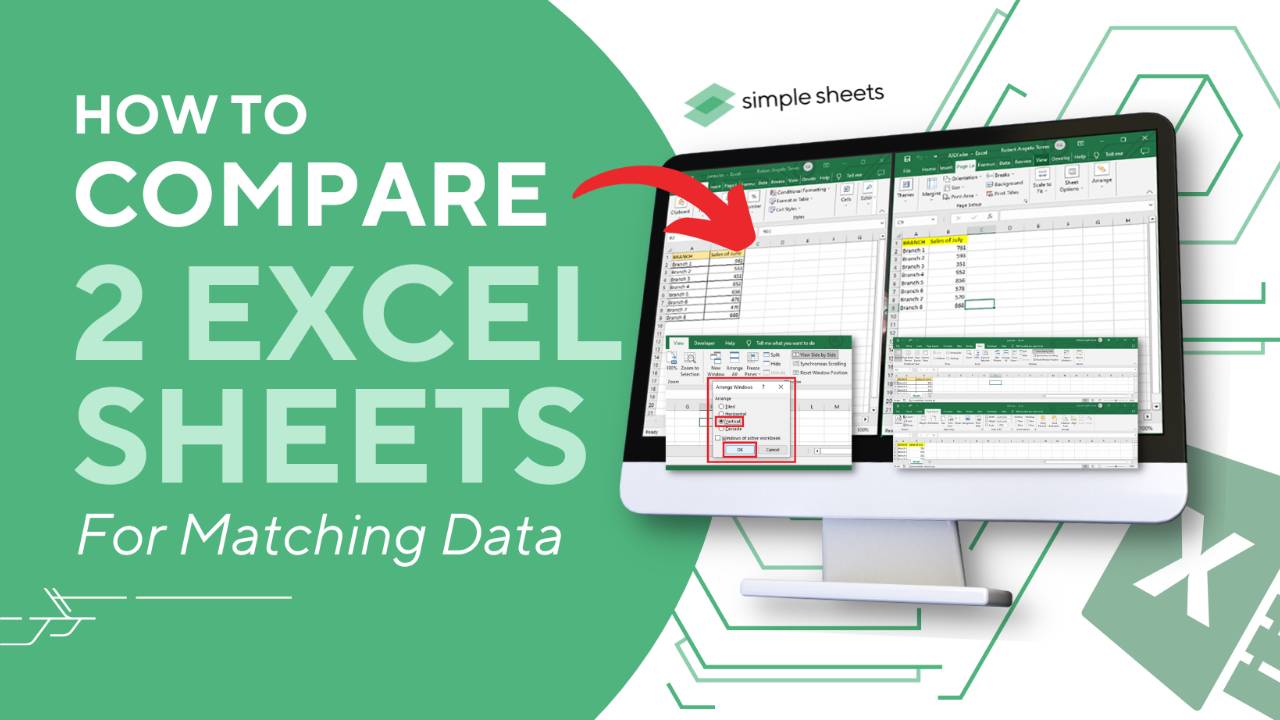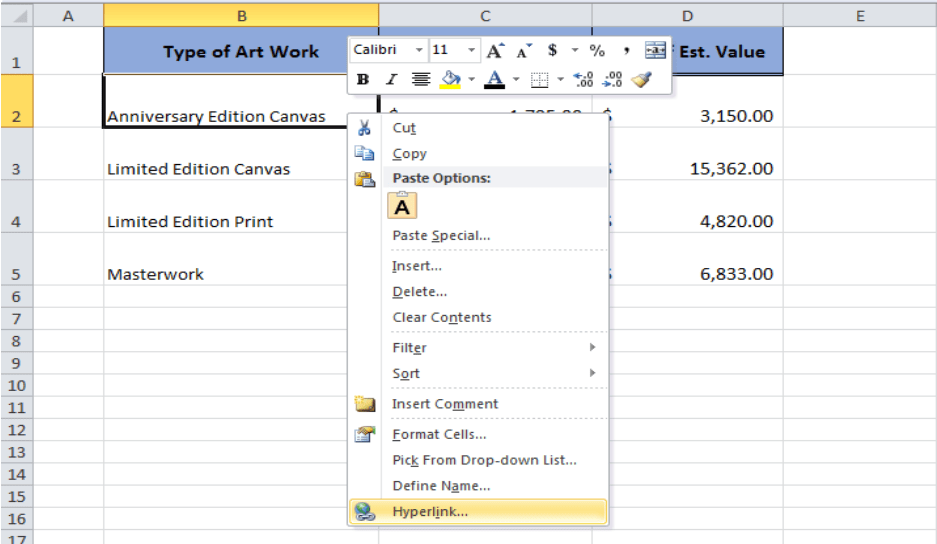Detect Changes Between Two Excel Sheets Easily

There comes a time when managing multiple Excel sheets becomes a cumbersome task, especially when the data involved is crucial to your operations or projects. Whether you're comparing quarterly sales figures, tracking inventory discrepancies, or analyzing changes in project specifications, detecting and understanding the alterations between two Excel sheets is an invaluable skill. In this comprehensive guide, we'll walk through various methods to detect changes between two Excel sheets easily.
Using Conditional Formatting

Excel’s built-in Conditional Formatting feature can be a quick way to highlight differences between two sheets:
- Open both sheets: Make sure the sheets you want to compare are open and accessible.
- Select the cells: Choose the range of cells you want to compare on the first sheet.
- Apply Conditional Formatting: Go to Home > Conditional Formatting > New Rule. Choose “Use a formula to determine which cells to format.”
- Set the formula: Use a formula like
=A1<>Sheet2!A1where A1 is the cell you’re comparing. This formula checks if A1 on Sheet1 is not equal to A1 on Sheet2. - Choose Format: Select the fill color or other format options to highlight the differences.
📝 Note: This method is suitable for quickly spotting differences but won't detail what has changed (e.g., addition, removal, or modification).
Using the ‘Go To Special’ Feature

If you want to see only the formulas that have changed between sheets:
- Navigate to Sheet1: Click on the cell that contains a formula you want to compare.
- Go to Special: Select Home > Find & Select > Go To Special and then “Formulas”.
- Compare Formulas: Now, navigate to the same cell on Sheet2 and compare the formula manually or use the “Compare Sheets” tool if available.
Utilizing VBA for Detailed Comparison

For those comfortable with Visual Basic for Applications (VBA), you can automate the process:
- Open the VBA Editor: Press
ALT + F11to open the VBA editor. - Insert a New Module: Click Insert > Module.
- Write VBA Code: Use the following code to compare two sheets:
Sub CompareSheets() Dim ws1 As Worksheet, ws2 As Worksheet Dim iRow As Long, iCol As Long Dim msg As StringSet ws1 = ThisWorkbook.Sheets("Sheet1") Set ws2 = ThisWorkbook.Sheets("Sheet2") For iRow = 1 To ws1.Rows.Count For iCol = 1 To ws1.Columns.Count If ws1.Cells(iRow, iCol).Value <> ws2.Cells(iRow, iCol).Value Then msg = msg & "Cell (" & iRow & "," & iCol & ") in " & ws1.Name & " and " & ws2.Name & " differ. " & vbCrLf End If Next iCol Next iRow MsgBox msg
End Sub
Run the Macro: Press F5 within the VBA editor to execute the macro. It will generate a message box listing the differences.
🎓 Note: VBA requires some understanding of programming, but it can provide very detailed comparisons and is fully customizable.
Using Excel Add-ins

Various third-party Excel add-ins are designed to compare and analyze Excel sheets:
- Comparison Tools: Tools like “Compare Files” in Ablebits Excel Suite or “Excel Compare” by xlTools can highlight, list, and even report changes in a structured way.
- Installation: Download and install the add-in from their respective providers.
- Usage: Typically, these add-ins provide easy-to-use interfaces where you can select the sheets to compare, choose the comparison criteria, and review the results.
Advanced Techniques

For more complex scenarios:
- Using Power Query: If your sheets are in the same workbook, Power Query can be used to merge data and highlight discrepancies.
- Excel to CSV Conversion: Convert sheets to CSV files and use command-line tools or scripts to compare them, which can be beneficial for large datasets.
By employing these techniques, you can efficiently detect changes between two Excel sheets, saving time and ensuring accuracy in data analysis. Each method has its strengths, from the simplicity of Conditional Formatting to the detailed analysis capabilities of VBA, catering to different levels of expertise and requirements.
What is the easiest method to compare two Excel sheets?

+
The easiest method is to use Conditional Formatting, which visually highlights differences between sheets with little setup.
Can I automate the comparison of Excel sheets?

+
Yes, by using VBA or Excel add-ins like Ablebits or xlTools, you can automate the comparison process to a significant degree.
What are the limitations of comparing sheets with Conditional Formatting?

+
Conditional Formatting only highlights changes and does not provide details about what has changed or list the differences systematically.